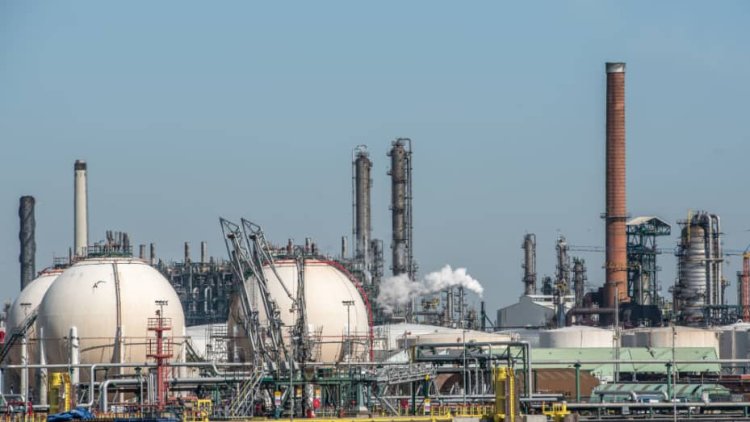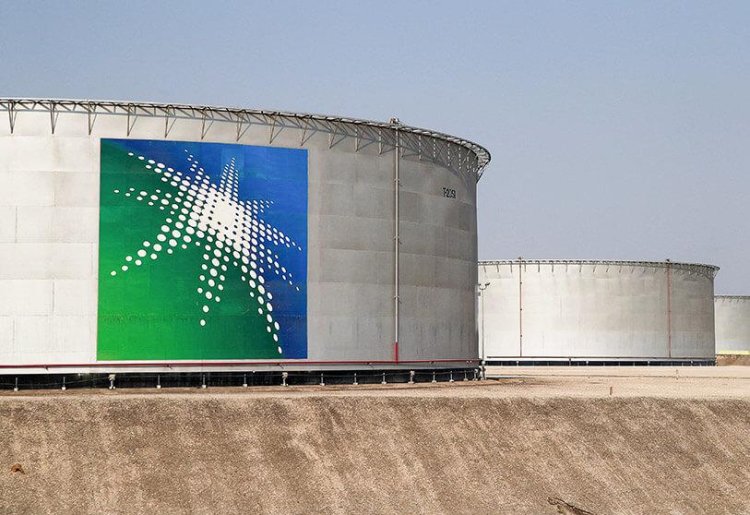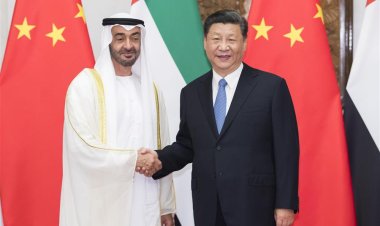IMF expects greater revenues for Saudi Arabia after reducing oil production
An expected increase in the Kingdom's revenues, supported by the rise in oil prices and controlling spending.

Saudi Arabia is expected to benefit more from the oil production cuts it announced with OPEC and its allies, as it will generate more revenues in its budget thanks to higher oil prices, according to the International Monetary Fund.
“The impact on the budget and the external situation relative to what we expected is positive, so the price impact will compensate for the loss that may arise from the decline in production,” said the IMF's chief of mission to the kingdom, Amin Mati, in an interview in Washington.

Oil prices
Oil prices rebounded after the banking crisis that swept the markets and pushed oil futures prices in mid-March to their lowest level in 15 months, and after the unexpected decision taken by countries in “OPEC +” to cut more than one million barrels in daily production starting from the month. Next, Brent crude settled above $85 a barrel in April.
largest oil exporter
The Kingdom of Saudi Arabia, which is the largest oil exporter in the world, has agreed to a voluntary reduction in production by 500 thousand barrels per day, starting next May.
Last year, Saudi oil revenues amounted to approximately $326 billion, which is a near-record gain, coupled with high production volumes, to make the Saudi economy the fastest growing in the G-20.
This helped the Saudi government achieve a fiscal surplus for the first time in nearly a decade.

Saudi economic growth
The International Monetary Fund expects Saudi economic growth to slow to 3.1 percent this year and next from about 9 percent in 2022, after a sharp improvement in forecasts for 2023 in one of the Fund's largest positive revisions in its latest global forecasts.
The International Monetary Fund's Mattei said that while Saudi Arabia's economic growth rate may suffer from lower crude production, the cuts will not affect its non-oil expansion "because that will be driven by domestic demand".
He added, "In the short term at least, we do not see an imbalance in the spending pattern in the budget and the economy as a whole, and we believe that private sector investments will drive growth."


 Shrouq
Shrouq 












